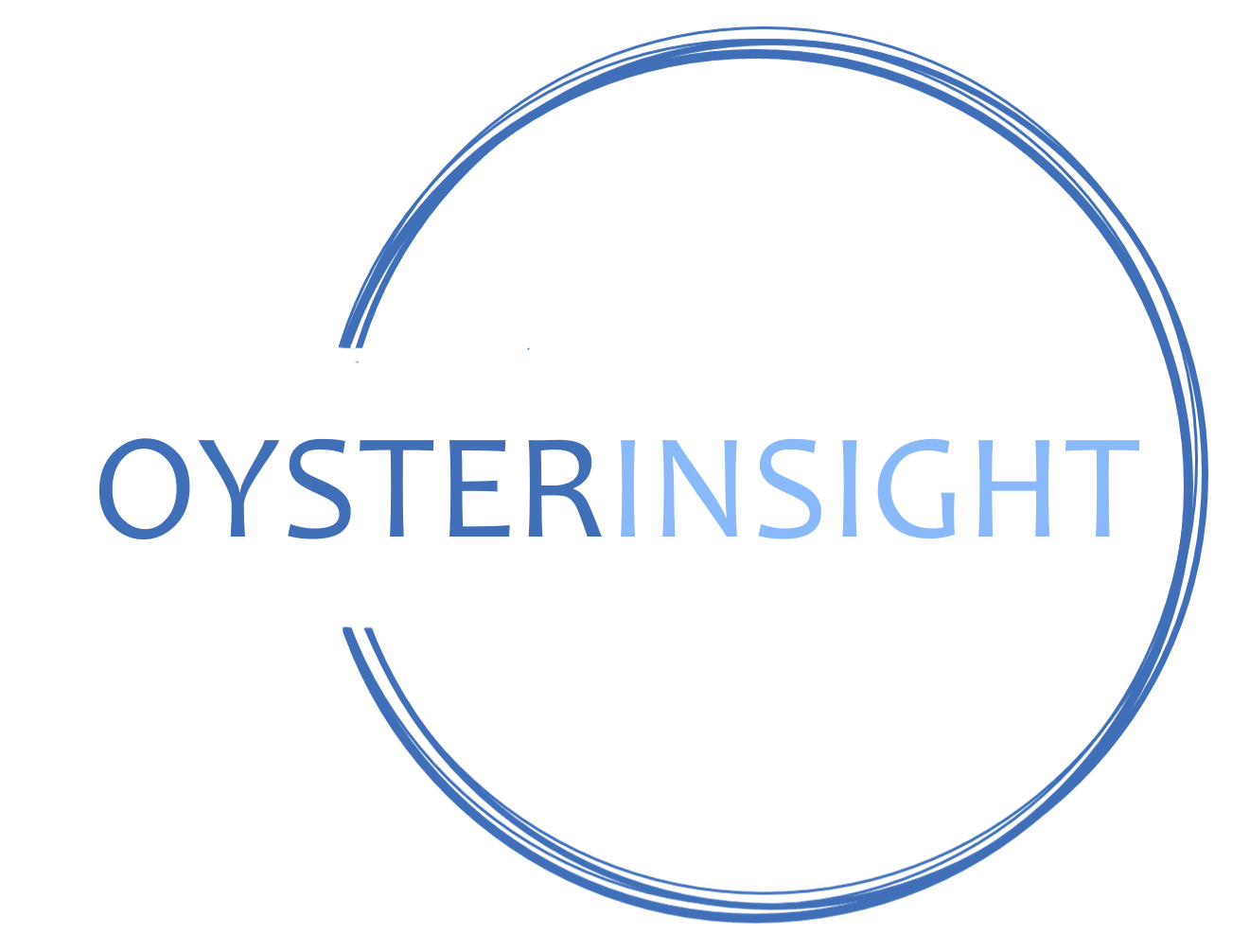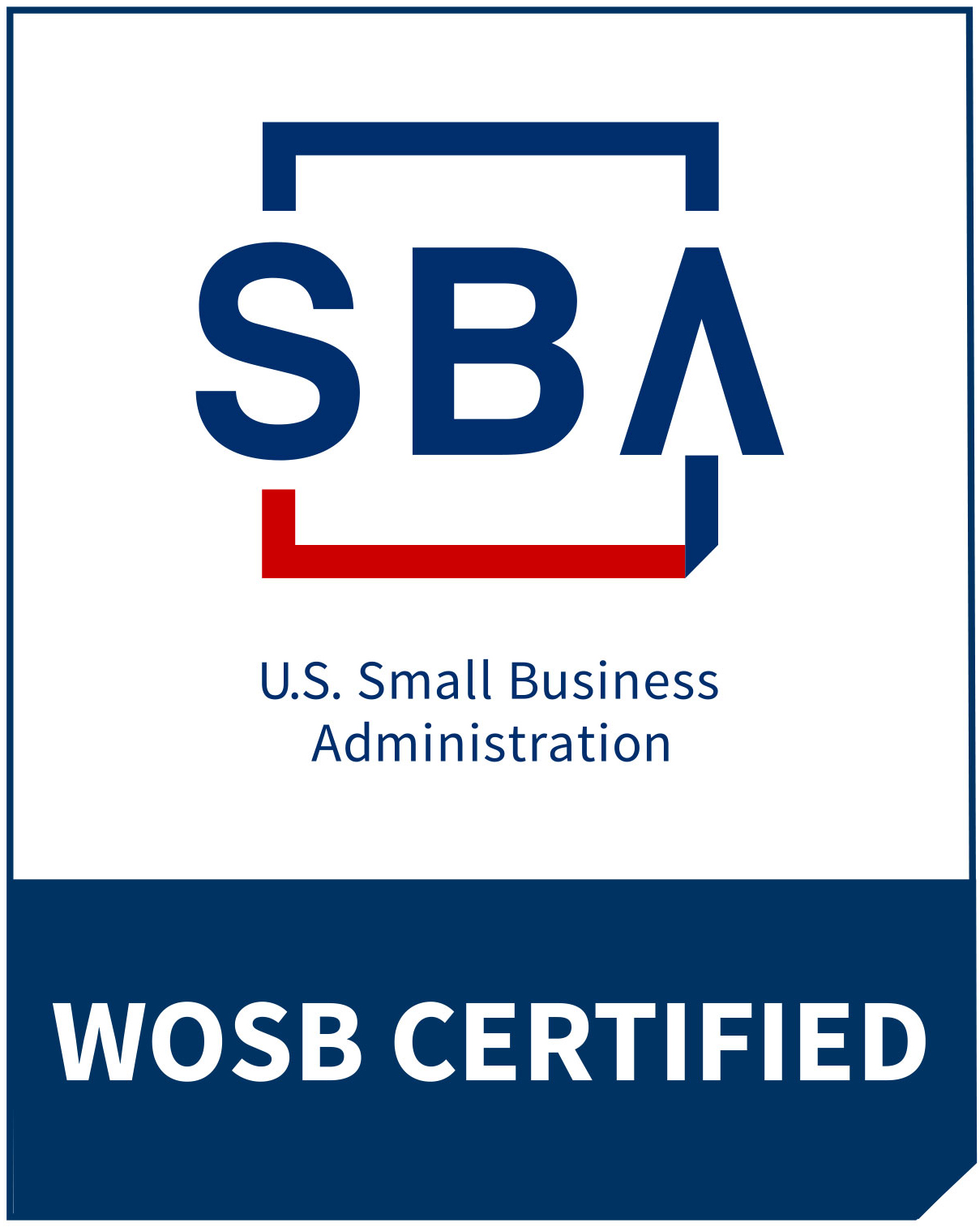“You get out what you put in.”
As I wrap up my Georgetown University coach training program, I am blown away by what an intimately powerful experience this has been.
The impact of this program is directly related to how vulnerable I have been to my peers. This vulnerability was possible because of the mutual agreements we created, the respect and integrity with which we all presented ourselves, and the steps I was willing to take to go “all in.”

In addition to walking away with an incredibly rich learning experience, intellectually, emotionally, physically, and spiritually, I am also deeply inpsired by the empowerment that vulnerability offers. The potential of this new-to-me superpower is limitless!
- Authenticity: Vulnerability often involves being open and honest about your thoughts, feelings, and experiences, even when they make you feel exposed or uncomfortable. When you’re vulnerable, you show your true self to others, which can lead to more authentic and meaningful connections with people.
- Emotional Resilience: Being vulnerable means facing your fears, insecurities, and emotional wounds head-on. By doing so, you can develop emotional resilience and learn to navigate difficult situations with greater strength and clarity.
- Growth and Learning: Embracing vulnerability often involves taking risks and stepping outside your comfort zone. This can lead to personal growth and learning experiences that you wouldn’t have encountered otherwise. Vulnerability can help you discover your strengths and weaknesses and motivate you to improve.
- Connection: Vulnerability can foster deeper connections with others. When you open up and share your vulnerabilities, it encourages others to do the same. This mutual sharing can create bonds of trust and intimacy, strengthening relationships.
- Empathy and Compassion: When you allow yourself to be vulnerable, you become more attuned to the vulnerability of others. This can increase your capacity for empathy and compassion, allowing you to connect with people on a deeper level and offer support when they need it.
- Resilience in Adversity: Vulnerability can help you better cope with adversity and setbacks. When you’re open to acknowledging your struggles and seeking help or support when necessary, you’re more likely to bounce back from difficult situations.
- Creative Expression: Many artists, writers, and creators harness their vulnerability to produce meaningful and impactful work. Expressing vulnerability through art can resonate with others, evoke emotions, and inspire change.
- Authentic Leadership: Vulnerable leaders who admit their mistakes and show their humanity often gain the trust and respect of their teams. They create a culture where people feel safe to share their thoughts and concerns, leading to more innovative and productive environments.

It’s important to note that vulnerability as a superpower doesn’t mean being reckless or indiscriminately sharing personal information with everyone. It’s about choosing when and with whom to be vulnerable, as well as understanding your boundaries. Vulnerability can be powerful, but it should be exercised with self-awareness and care to avoid potential harm or exploitation.
By creating and finding safe and/or sacred spaces where you can be vulnerable, you can lead a more authentic, connected, and fulfilling life.



